un.e testimony of a member of the IWW Quebec for the International Day for the Eradication of Poverty.
Here is a testimony of un.e member of the IWW-Québec:
"On this International Day for the Eradication of Poverty, I can only feel deep class solidarity with those bearing the brunt of the powerful. Myself from a poor background, I feel always in my body and my mind the weight of having to fight against the devastation and trauma inherited from this form of violence : economic violence. In my opinion, poverty n 'is not a fatality output any nature right, it is planned by the economic elite so that they retain their privileges and we have the power to stop.


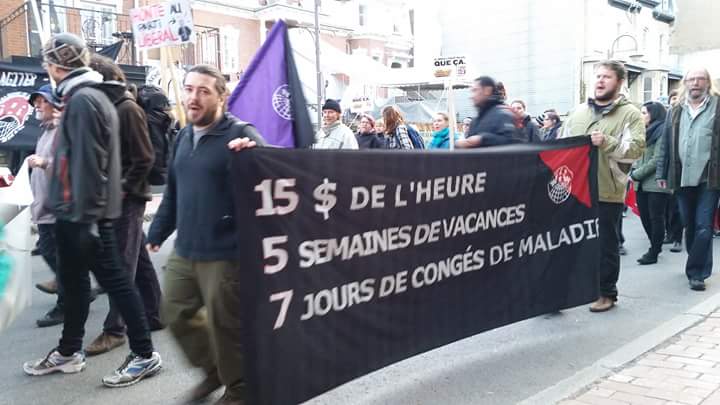

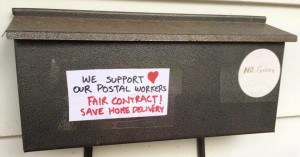
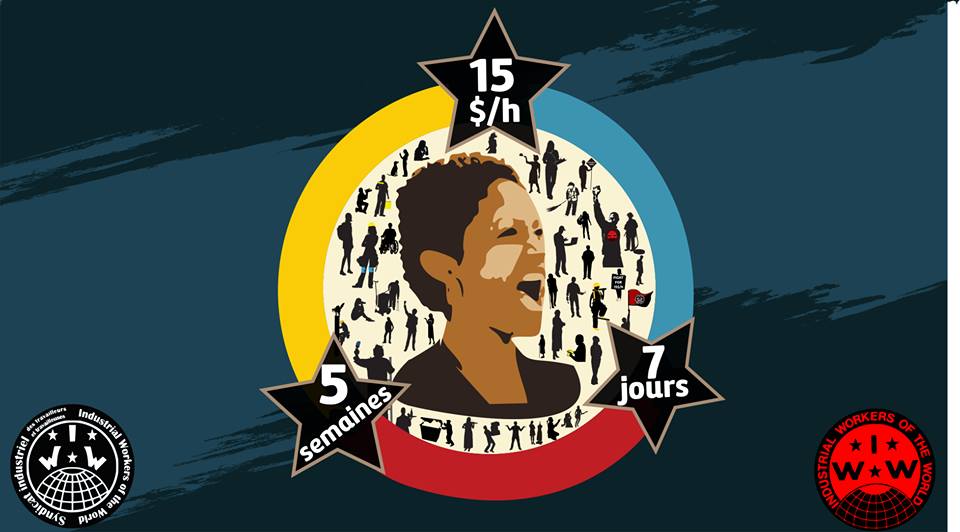
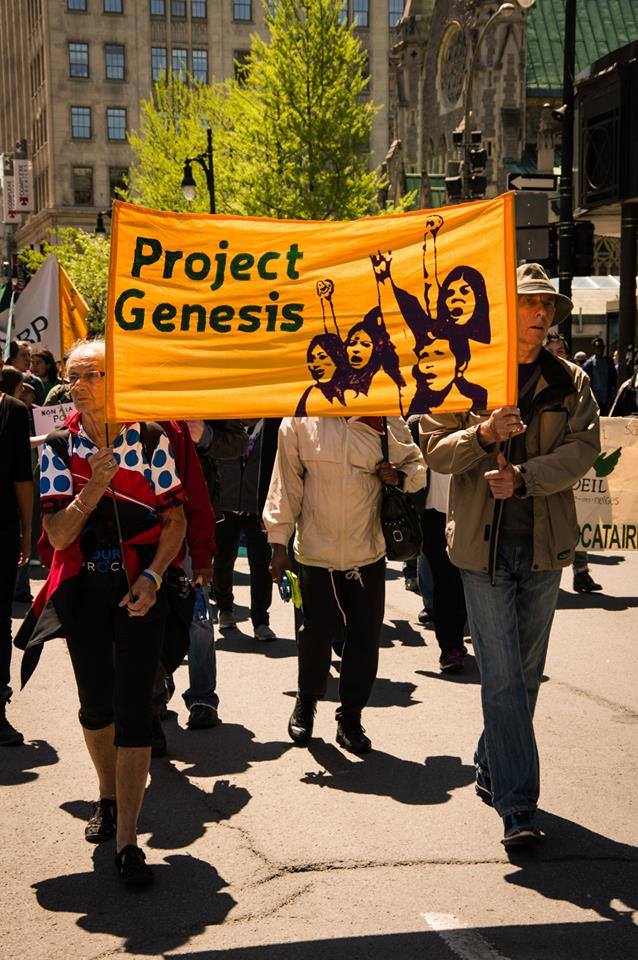 called “general civil” (unsanitary, harassment, abuse and other harm). The procedures are therefore 10 times faster, today, for the ones who have the accommodation for those of you who live. It is noteworthy to specify that in 1998, the average wait time for general civil cases was approximately 3 month. We can see that the majority of legal proceedings proceeding at the Régie du logement follow requests from a landlord., since they deposit 88% Complaints, dont 62% for non-payment of rent, and 85% of complaints from tenants are of a general civil nature. Sure, given the very low representation of the less well-off and the long enough waiting time for a move to occur due to the end of a lease, their requests often end up falling, completely or in part. According to Mr Johnson: “When tenants change housing, requests made on housing renovations or rent reductions fall, disappear''; That is to say, there generally remain only the requests for moral damages which hold, and they are the most difficult to demonstrate legally. Let us add that for all complaints, it is essential for the complainant to prove all forms of inconvenience, more
called “general civil” (unsanitary, harassment, abuse and other harm). The procedures are therefore 10 times faster, today, for the ones who have the accommodation for those of you who live. It is noteworthy to specify that in 1998, the average wait time for general civil cases was approximately 3 month. We can see that the majority of legal proceedings proceeding at the Régie du logement follow requests from a landlord., since they deposit 88% Complaints, dont 62% for non-payment of rent, and 85% of complaints from tenants are of a general civil nature. Sure, given the very low representation of the less well-off and the long enough waiting time for a move to occur due to the end of a lease, their requests often end up falling, completely or in part. According to Mr Johnson: “When tenants change housing, requests made on housing renovations or rent reductions fall, disappear''; That is to say, there generally remain only the requests for moral damages which hold, and they are the most difficult to demonstrate legally. Let us add that for all complaints, it is essential for the complainant to prove all forms of inconvenience, more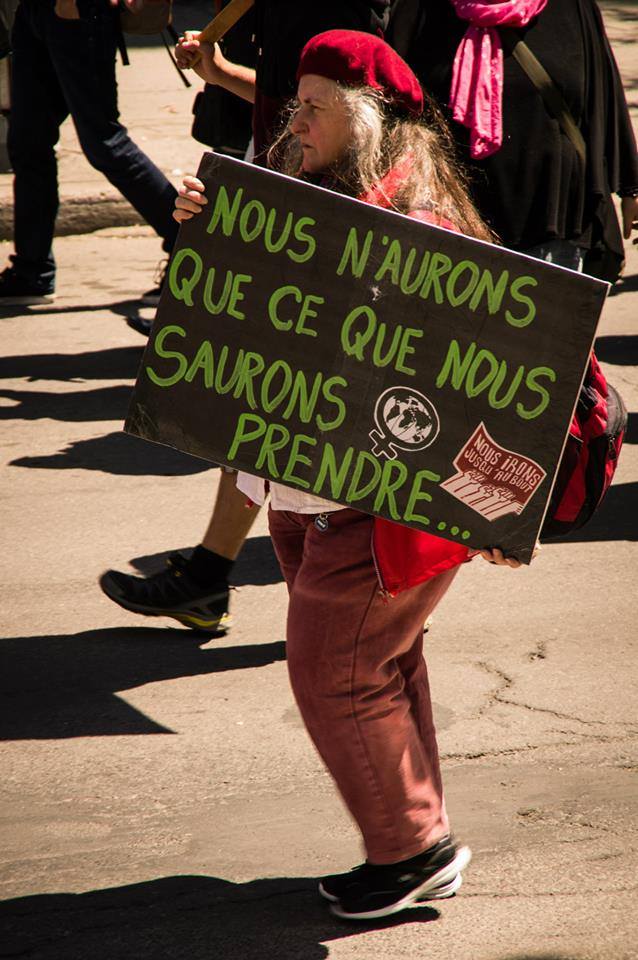
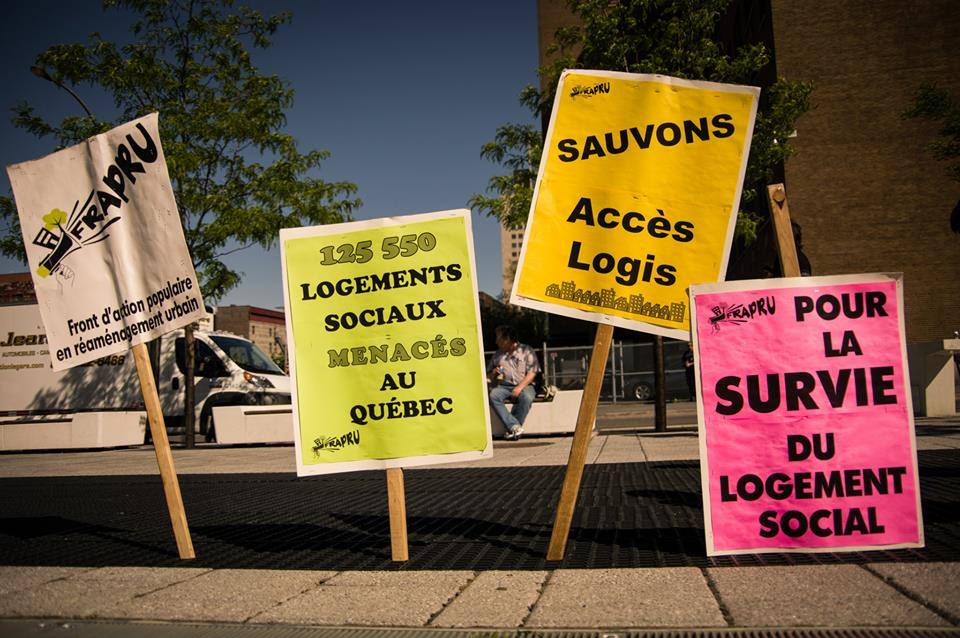
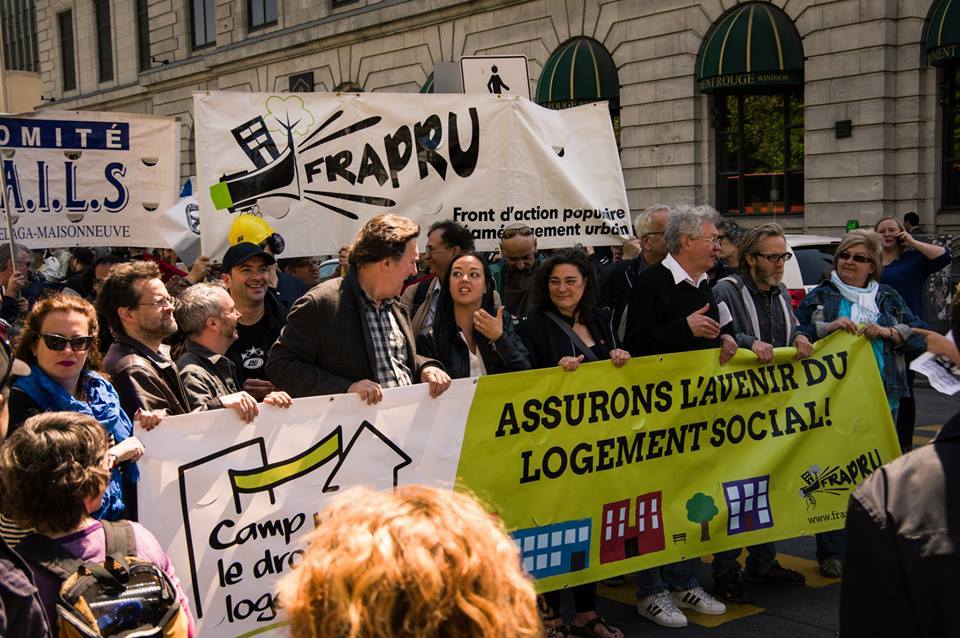 protest against the harsh conditions of housing and its occupants.
protest against the harsh conditions of housing and its occupants. 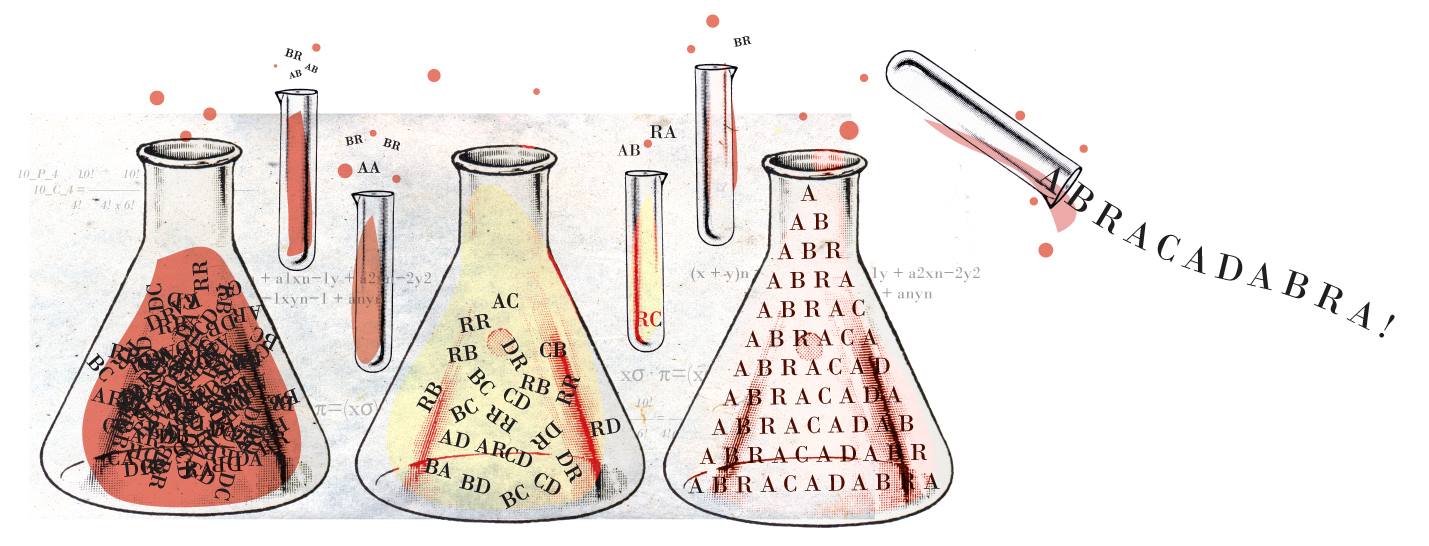

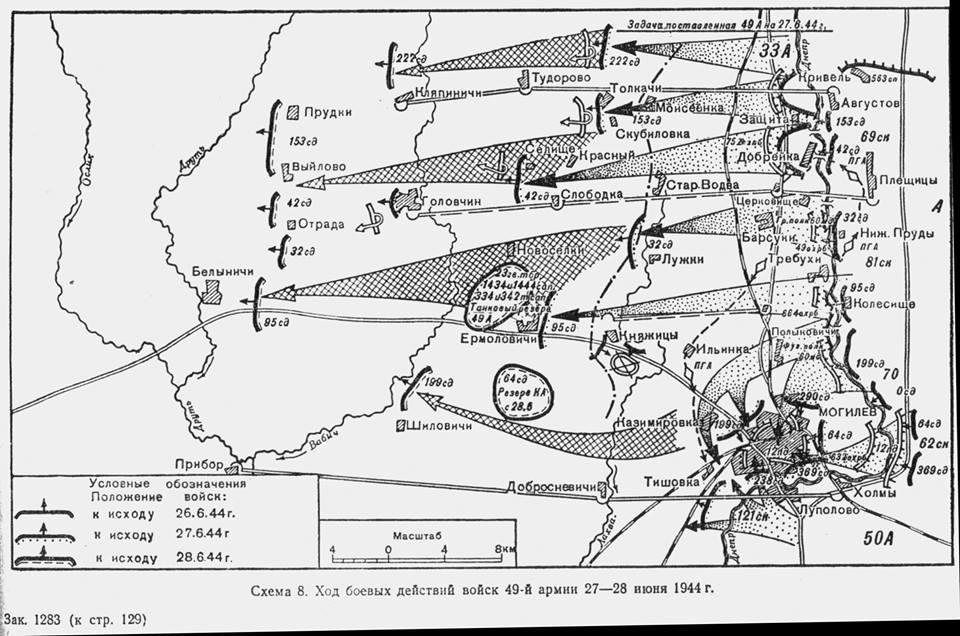
 But remember that their game is not the only one there. This is not the only way to, the only solution to our problems com
But remember that their game is not the only one there. This is not the only way to, the only solution to our problems com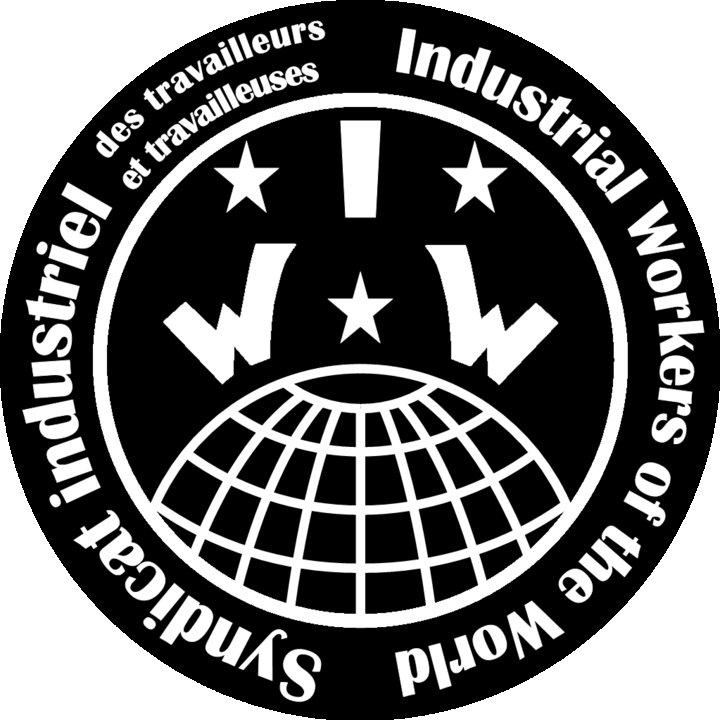
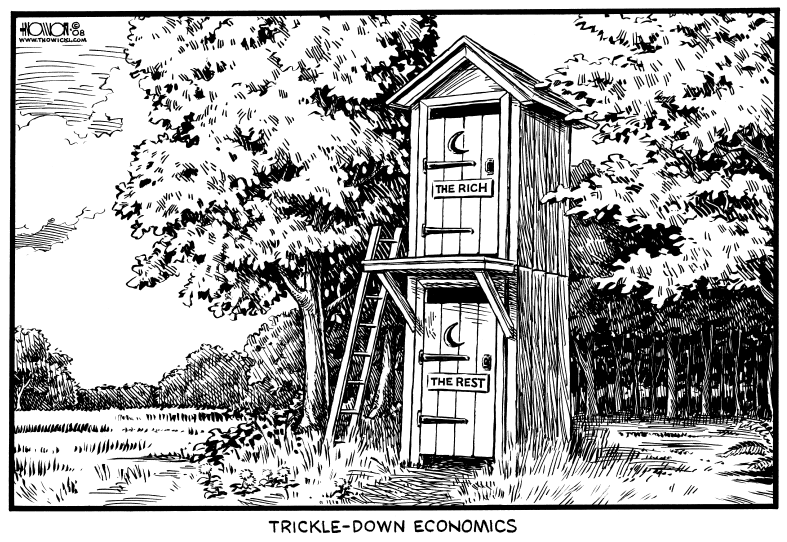
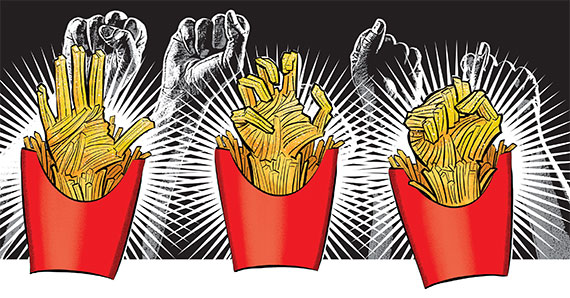
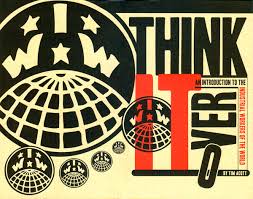
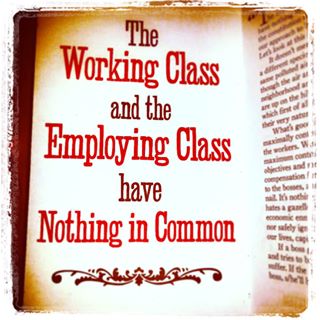 It does mean that workers and bosses are different species., they do not breathe the same polluted air and drink the same water, even if the water and the air of a working-class district are much more disgusting than on the hill. This implies that the two classes, that do exist, are in opposition to even their nature.
It does mean that workers and bosses are different species., they do not breathe the same polluted air and drink the same water, even if the water and the air of a working-class district are much more disgusting than on the hill. This implies that the two classes, that do exist, are in opposition to even their nature.